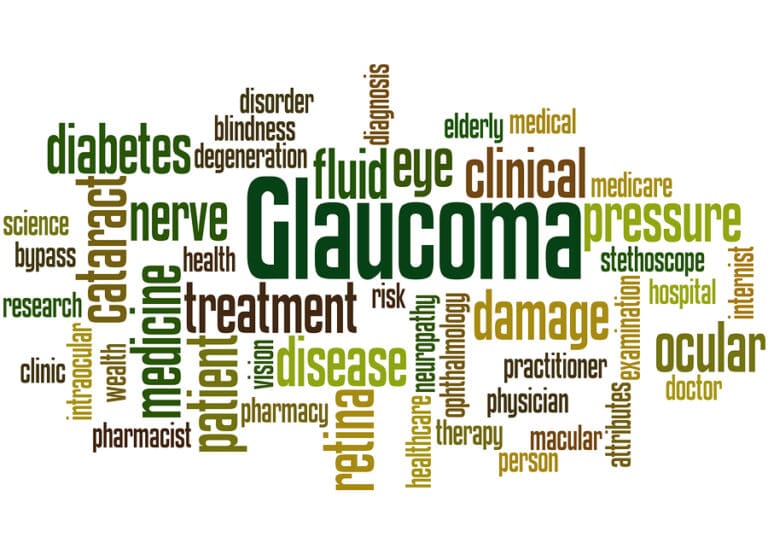Glaucoma is when there is damage to the ocular nerve. This often results in a person losing their vision. There are several types of glaucoma. According to the World Health Organization, glaucoma is the second leading cause of blindness. If your elderly loved one loses their sight, this can be the most stressful, frustrating thing they ever go through. Learning all that you can about this health condition can allow you to help your elderly loved one if they are facing a glaucoma diagnosis.
Glaucoma Risk Factors

Most studies show that the majority of people with glaucoma are elderly adults. The National Institutes of Health stated that in the age group of 65 and older, approximately 1 in 50 fifty people have glaucoma. In addition, the odds of getting this health condition almost quadrupled for those over 80. Some risk factors of glaucoma include the following:
- Aging is the main risk factor for glaucoma
- Some types of glaucoma are hereditary
- Some studies show that Asians and Hispanics have a higher risk of getting the disease
- Some medical conditions also can enhance your elderly loved one’s odds of getting glaucoma
When it comes to caring for your elderly loved one, the best thing you can do if you suspect they have glaucoma is to speak with their physician and ask them for assistance.
Glaucoma Signs and Symptoms
Since there are several forms of glaucoma, symptoms can vary from person to person. However, some of the most common symptoms you should look for include the following:
- Double vision
- Swelling in or around the eyes
- Extreme light sensitivity
- Blurred vision
- Sudden vision loss
Your elderly loved one might also experience itching in the eyes, changes in the color near the iris, and have problems seeing in the dark. If you notice your elderly loved one is experiencing any of these symptoms, it is best to contact their physician immediately.
Treatment for Glaucoma in Elderly Adults
It is important to understand there is no cure for glaucoma. However, there are treatments available to help a person improve their sight. The type of treatment a person will need for their glaucoma will depend on a few things. It will depend on the type of glaucoma they have and their personal medical condition. The two most common treatments include medical eye drops and oral medications. In some instances, surgery will also need to be done. Your elderly loved one’s physician or eye care doctor can give you further guidance on treating glaucoma.
Conclusion
If your elderly loved one has glaucoma, home care services can help them to handle daily tasks, remain active, and live their best life possible. You can seek help from your elderly loved one’s physician and a home care company to ensure your elderly loved one gets the best care.
If you or an aging loved one needs Homecare in Elk Grove, CA, remember Senior Home Care Services. Call us at (916) 514-7006 for more information.
Sources
https://www.who.int/bulletin/volumes/82/11/feature1104/en/
- Kitchen Tools That Make Eating Easier for Seniors - April 25, 2025
- Helping Seniors Reduce Health Anxiety - April 18, 2025
- Why Should Seniors Consider Adding Soy to Their Diets? - April 7, 2025


